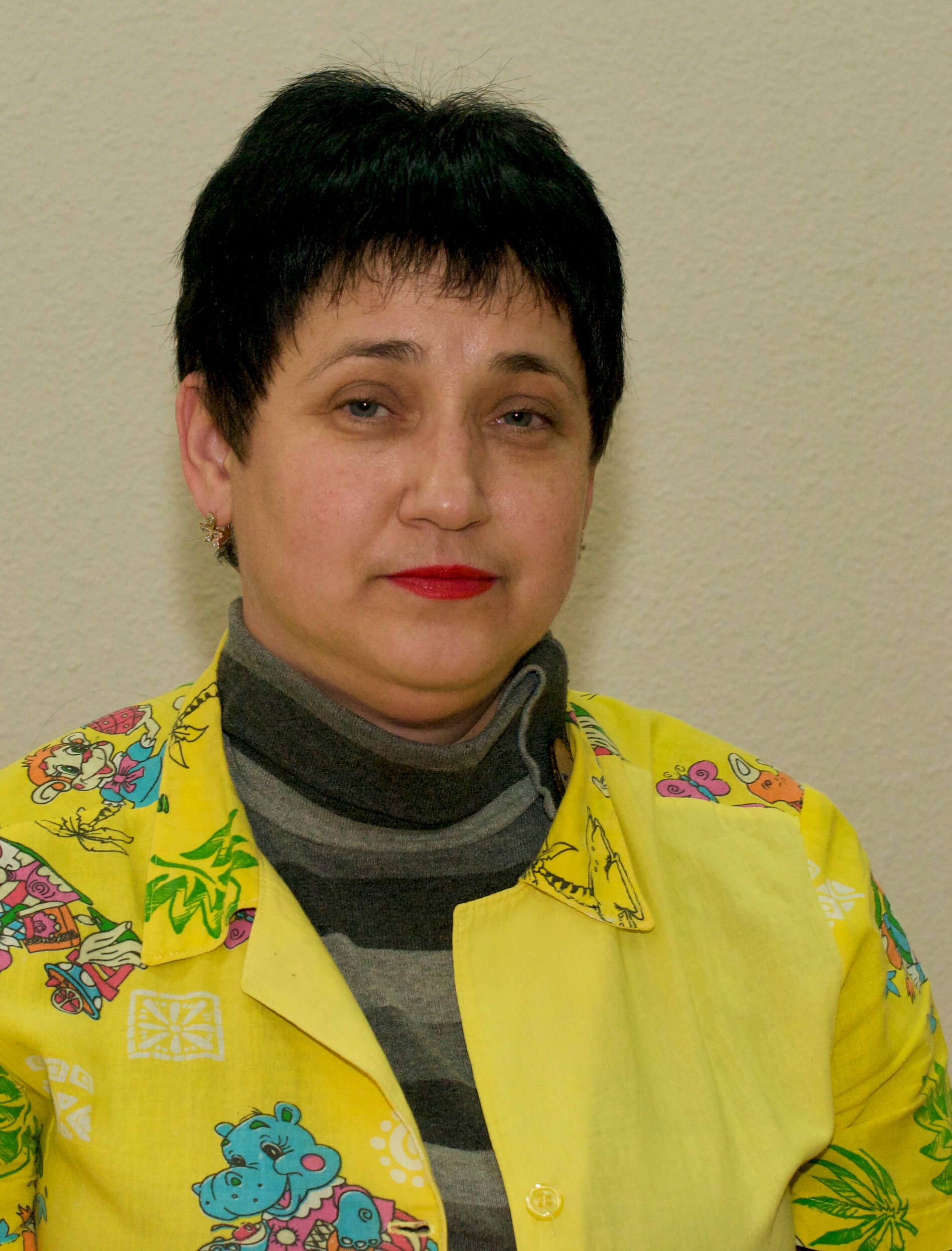
Taran Stepaniya Mykolayivna
Pediatric allergist of the highest qualification category
Taran Stepaniya Mykolayivna - pediatric allergist of the highest qualification category.
Graduated from the Dnipro State Medical Academy (DSMA) in 1992. In 1994, after completing her internship, she received a Certificate in Pediatric Allergology and began working at the Children's Allergy and Pulmonology Center in the city of Dnipro on the basis of Children's Hospital No. 2. From 2004 until the closing of the Center she was its head. Since 2018, after the reform of allergic care for the children's population, she moved to work in the largest Allergic Center in Ukraine in the city of Dnipro. She is one of the five officially working specialists of pediatric allergists in the city of Dnipro, who have full medical certification. In this regard, we emphasize that by making an appointment with a pediatric allergist at the Murzilka Clinic, you do not risk getting advice from a pediatrician or gastroenterologist who has completed advanced training courses in pediatric allergology. You are received by a state-certified allergist with 26 years of experience in practical healthcare!
Who in our time is unfamiliar with such a problem as an allergy?🤷♀️
Allergic reactions occur when your immune system reacts to a foreign substance, such as pollen, bee venom, fur, or food, that does not cause a reaction in most people.
The severity of an allergy varies from person to person, and can range from minor irritation to anaphylaxis - a potentially life-threatening emergency!
In diagnostics and treatment, Taran Stepaniya Mykolaivna introduces modern European innovative technology - molecular allergology, namely molecular allergy diagnostics and specific therapy in patients with severe allergic diseases (bronchial asthma, hay fever, etc.).
Molecular studies have certain advantages over skin prick tests, which have long been the main clarifying method for diagnosing allergic diseases.
The use of molecular allergy diagnostics makes it possible to identify sensitization to the main and less important components of allergens, improve the accuracy of diagnosis and prognosis for allergies, and also serves as the basis for prescribing allergen-specific immunotherapy and predicting its effectiveness even before the start of treatment.
The method leads to a stable remission of chronic disease and a significant improvement in the patient's quality of life!